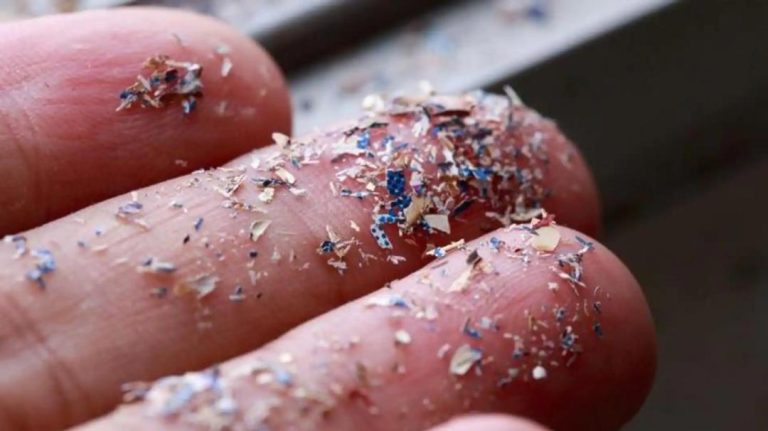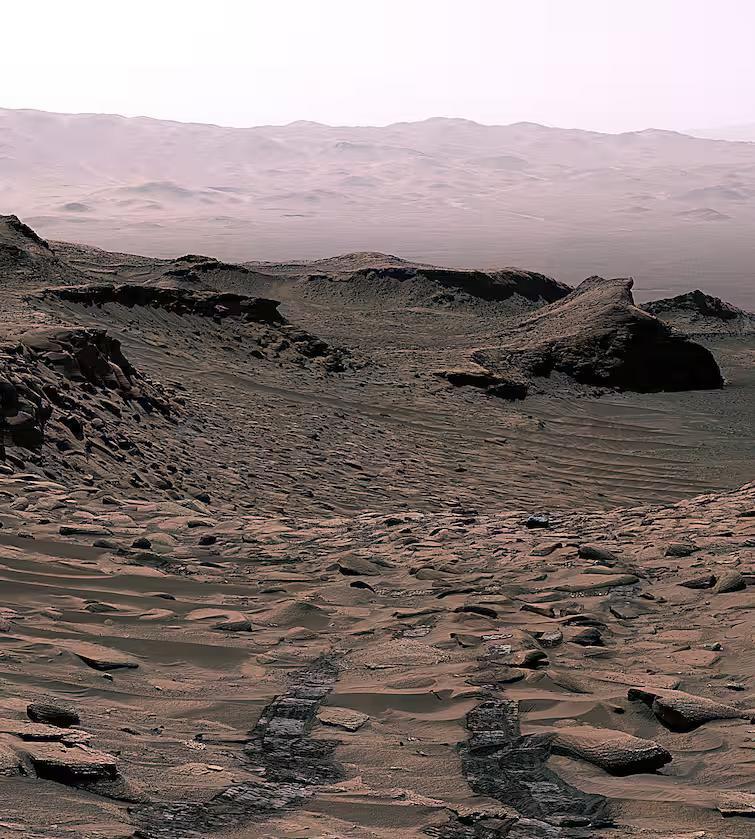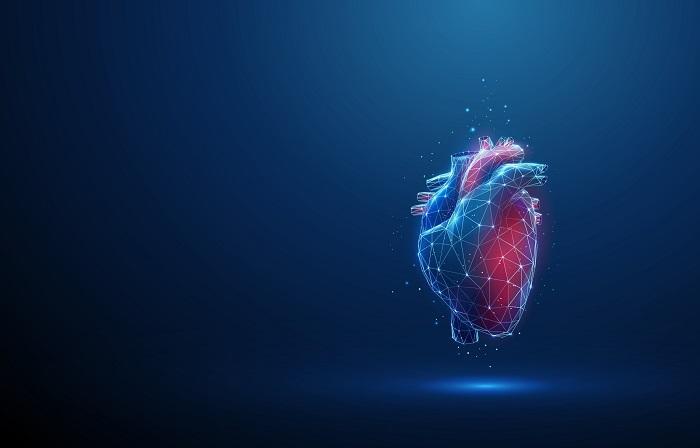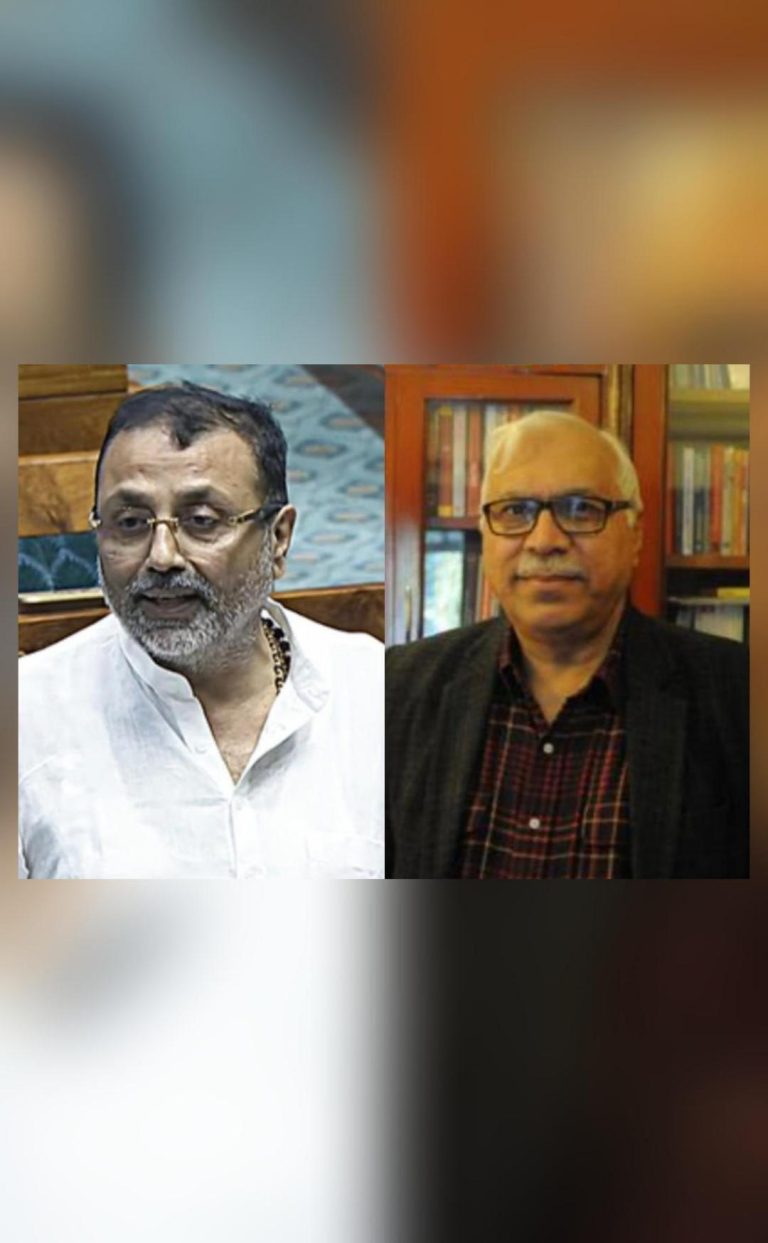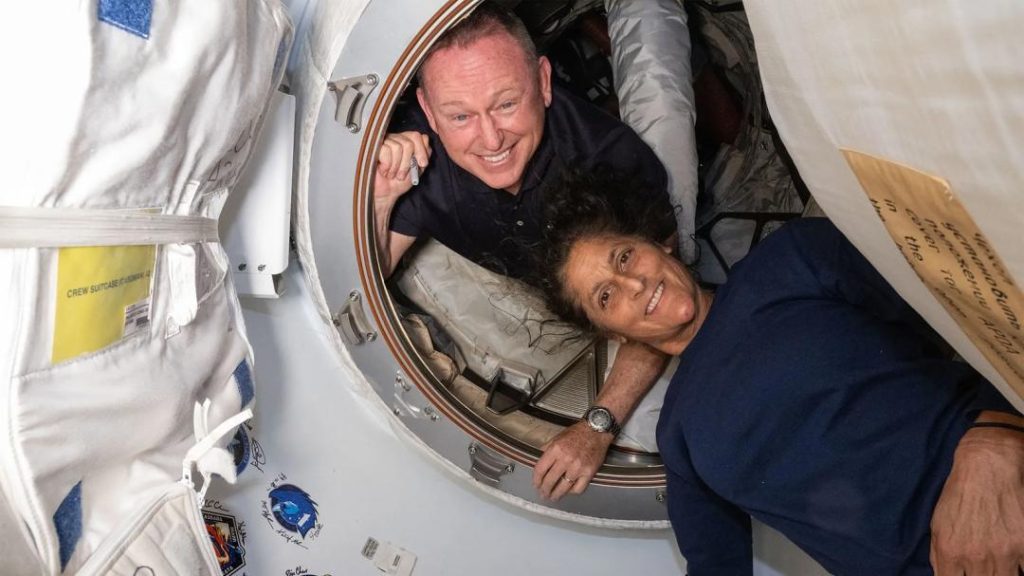
What Challenges Will Sunita Williams and Butch Wilmore Face After Returning to Earth?
Next week, astronauts Sunita Williams and Butch Wilmore will return to Earth after spending months in space. While their journey to the International Space Station (ISS) was a remarkable achievement, the challenges they will face upon their return are equally fascinating. As they re-enter the Earth’s gravitational pull, they will be met with a host of physical and physiological changes that will affect their bodies.
One of the most striking effects of spending time in space is the loss of bone density. In microgravity, the body doesn’t need to work as hard to maintain its structural integrity, which can lead to a reduction in bone mass. This is a concern for astronauts, as it can increase their risk of osteoporosis and fractures later in life. To counter this loss, astronauts undergo intense exercise regimens while in space, but even these efforts may not be enough to fully reverse the effects.
Another challenge astronauts face upon their return is the readjustment to Earth’s gravity. This can be a painful process, literally. As they walk, they may experience a condition known as “baby feet,” where their feet feel soft and squishy due to the lack of gravity. This is because the muscles in their feet and legs have weakened during their time in space, making it difficult to support their body weight.
But the challenges don’t stop there. Astronauts who have spent extended periods in space often experience a range of physical symptoms upon their return, including dizziness, nausea, and even fainting. This is because their bodies have adapted to the microgravity environment, and the sudden shift back to Earth’s gravity can cause disorientation and discomfort.
One of the main reasons for these symptoms is the loss of blood volume. In space, the body doesn’t need to work as hard to circulate blood, which can lead to a reduction in blood volume. When astronauts return to Earth, this reduced blood volume can cause their blood pressure to drop, leading to dizziness and other symptoms.
To mitigate these effects, astronauts undergo a process called “re-adaptation.” This involves a series of physical and mental exercises designed to help their bodies readjust to the demands of Earth’s gravity. This can include everything from simple exercises like squats and lunges to more complex activities like spacewalk training.
Astronauts also receive medical attention upon their return to ensure that they are healthy and safe. This can include blood tests, physical exams, and other diagnostic procedures designed to monitor their overall health.
Despite these challenges, astronauts like Sunita Williams and Butch Wilmore are trained to overcome them. They have spent years preparing for their mission to the ISS, and they are equipped with the skills and knowledge necessary to handle the physical and physiological changes they will experience upon their return.
In fact, astronauts have been returning to Earth for decades, and scientists have developed a range of strategies to help them readjust to life on our planet. From exercise regimens to medical treatments, these strategies are designed to minimize the effects of space travel and ensure that astronauts can return to their normal lives as quickly and safely as possible.
As Sunita Williams and Butch Wilmore prepare to return to Earth, they are no doubt aware of the challenges they will face. But they are also aware of the incredible experiences they have had and the knowledge they have gained during their time in space. And as they look to the future, they know that their experiences will help pave the way for future generations of astronauts and space travelers.
As the article from Hindustan Times notes, “Astronauts lose bone density in space and they will also have to counter this loss on return. They may face ‘baby feet’ syndrome, where their feet feel soft and squishy due to the lack of gravity, and they could feel dizzy, have nausea and even experience fainting. These symptoms are a result of the loss of blood volume in space.”
Despite these challenges, Sunita Williams and Butch Wilmore are pioneers in the field of space exploration. Their experiences will help us better understand the effects of space travel on the human body and will pave the way for future missions to the ISS and beyond.
As we look to the future of space exploration, it is clear that challenges will arise. But with the right training, preparation, and medical attention, astronauts like Sunita Williams and Butch Wilmore will be able to overcome them and continue to push the boundaries of human knowledge and achievement.
Source:
